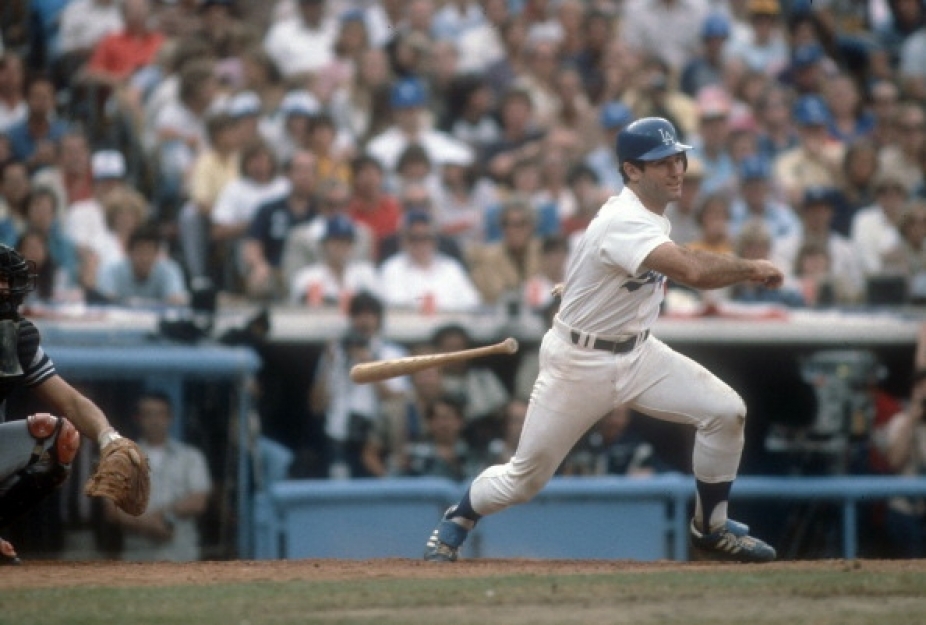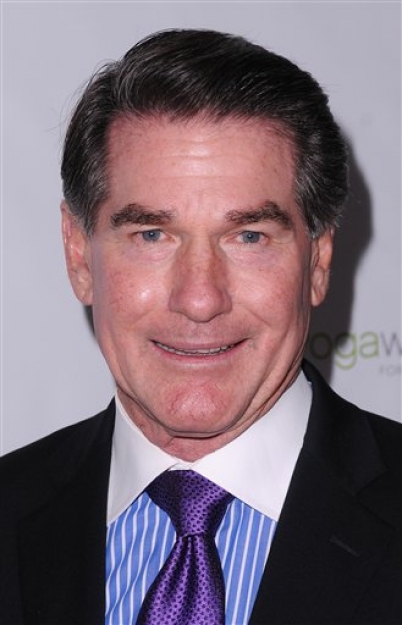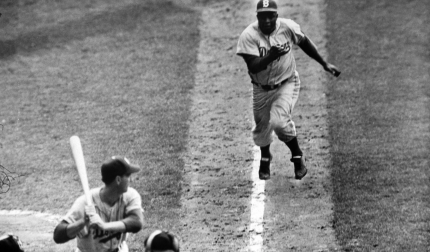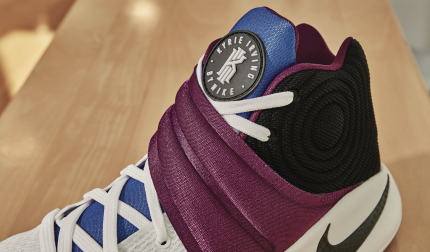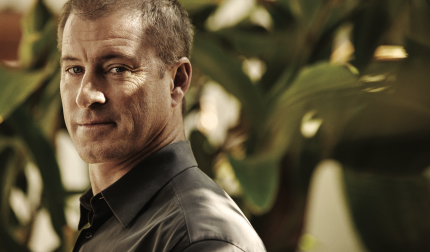Men, listen up. This June is National Prostate Cancer Awareness month. Steve Garvey, the legendary first baseman and 10-time All-Star stopped though NYC to have lunch with AQ and talk about his new mission to raise awareness to fight the disease.
First and foremost, how are you feeling?
I’m feeling great.
Did you experience any symptoms that made you aware that something might be wrong?
My father had been diagnosed with prostate cancer when he was 64. I had just turned 64. I was getting PSA screenings every six months. I discovered that my PSA levels were a little elevated. Prostate cancer is truly a silent killer. It doesn’t jump out at you. When you get that call and find out that you have cancer, a sunny day suddenly gets very, very cloudy.
How did you react to the call?
I’ve been on the Board of Neurosurgery at UCLA, so I went there first. They sent me to Dr. Mark Litwin, the head of urology there. The first thing Dr. Litwin told me was, “Don’t go looking on the Internet. Don’t start looking at all of these scary scenarios. Talk to me. Tell me how you feel.” Of course, my wife and I had already spent days reading everything online and scared ourselves already.
What did you do next?
Dr. Litwin ran through the options of treatment. When he was done, I asked, “Well, what would you do? You’re the pro.” He told me he would have the prostate removed. He said that they could either do it robotically or he could perform the procedure himself. I said, “If you can do it, that’s good enough for me.” He did the procedure. We think the cancer was contained and didn’t spread, and now I feel great.
What made you decide to become an advocate for prostate cancer awareness?
God throws us curveballs in life. We have to deal with them. My wife put it best. She said, “Are you man enough to stand up to prostate cancer?” And that’s what we need to do to make men aware. Be a man. Get tested for it. Face it head on.
What have you been doing to raise awareness?
I’ve been doing interviews around the country, but I’m also auctioning off some of my personal memorabilia to raise money for the cause—things like my Most Valuable Player award trophy.
As an athlete, you’ve lived a very public life. Did that help empower you to speak about the subject?
It may have. I think it’s the right thing to do. I would like to think that I can make a difference.
Prior to coming to NYC, you visited a few minor league ballparks in Michigan. It seems as though you really enjoy speaking and working with younger players.
I really do. My son Ryan is playing at Grand Junction now in the Colorado Rockies organization. He broke his hand last year, but it looks like he’s going to get a chance to play every day, and I’m so proud of him.
As a 10-time All-Star, are you disappointed that you haven’t received more support for the Hall of Fame? In previous years, you’ve received more votes than players who are currently in the Hall now.
I always thought you would be judged for the body of work. I thought my body of work was strong. We won a World Series. I won five NL Championship Series. I think when you go back and look at the position during that era and what I did, I think I made a pretty good case for myself.
Do you think if you had played for the Dodgers your whole career, there might be more support?
Perhaps. Could I have helped the Dodgers win the World Series in 1983 and 1985? I think I would have. But to have the opportunity to do what we did in 1984 in San Diego with Gossage and Nettles and Tony Gwynn, to win the first pennant ever there? I wouldn’t trade that experience.
When you left the Dodgers as a free agent, was there ever a chance that you would have went to another team?
I thought for sure I was going to the Cubs. Dallas Green was the GM. He liked me. The contract was for five years at over a million dollars a year. Then the president of the team got involved. Maybe he thought he wasn’t getting enough attention in the press. After that, things came to a halt. They even started going backwards a bit. But before that happened, I thought for sure, I was going to be a Cub.
Wow, that would have changed 1984 a bit.
Yeah, maybe the Cubs would’ve won the pennant, went to the World Series. Who knows? They may have even stopped chanting “Garvey sucks” and there would be a small little bust of me in front of the Cubby Bear. (laughs)
What would you like to be remembered for most?
That I tried to make a difference, and that I genuinely wanted to help other people.
The full in-depth interview with Steve Garvey will appear in the Fall issue of Athletes Quarterly magazine.


